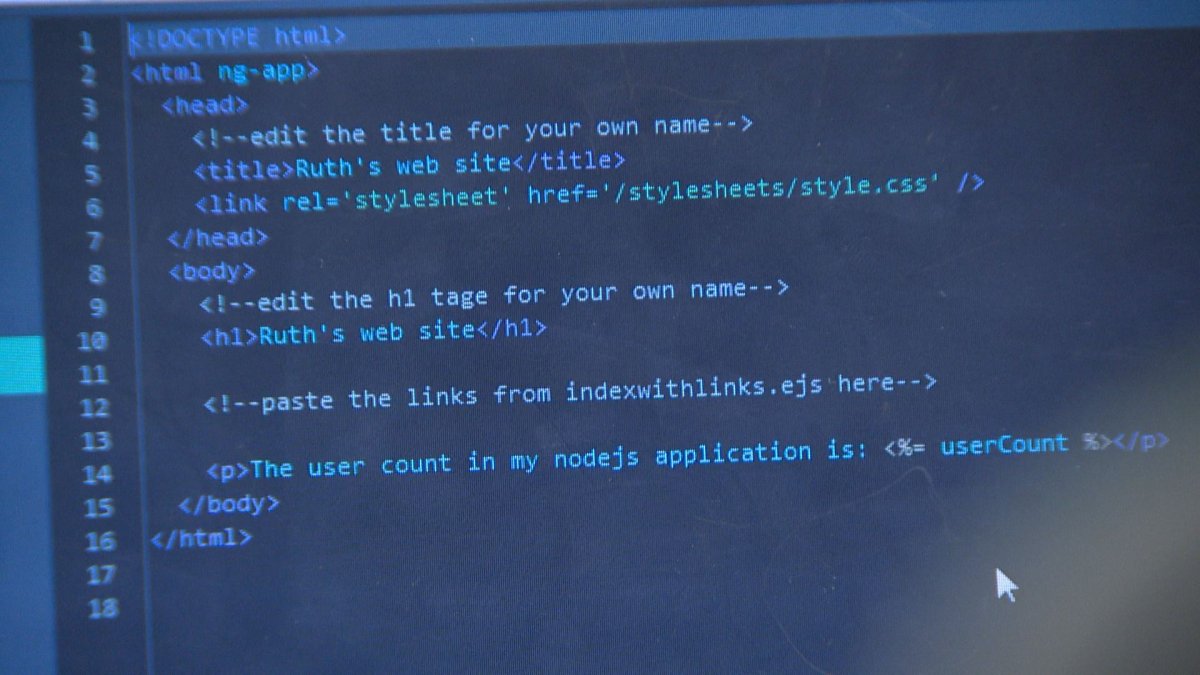Computer coding has been called a “core skill of the 21st century” and a “must-have job skill of the future.” But why isn’t it taught and standardized in North America’s public education systems?

Mike Katchabaw, the chair of undergraduate studies in computer science at Western University, believes that there are a number of reasons. “Some teachers might not have the background to do this, there could be issues of adequate resources to enable this sort of thing, and also time. There’s only so many courses students can take,” he said.
In 2013, Collegeboard.com reported that computer science only appeared in the curriculum of 3,249 schools across the U.S., out of more than 98,000.
The Ontario Secondary School Diploma requirements do not include computer science courses. Many don’t even classify them as a math or science subject to begin with, listing them as electives along with such courses as drama or art.
“It would be nice to see some kind of computing course, or perhaps a selection from a set of computing courses, as required for graduation. A number of countries around the world are moving in this direction, and I think it is time for us to do the same,” said Katchabaw.
Despite the lack of courses in the secondary school system, the amount of jobs available in the field has never been higher.
The Bureau of Labor Statistics in the United States projected that by 2020, the field of computers and mathematics will grow by 22 per cent, as opposed to the 7 per cent growth that took place between 2006-2010. To put this in perspective, the document cites construction occupations have declined 24 per cent in that same time period.
The 2014 Council of Ontario Universities Report said computer science has a 95.3 per cent employment rate, one of the Top Ten employment fields overall.
Women and coding
Another trend found in 2011 provided by Statistics Canada is that although women account for 59 per cent of science and technology graduates across Canada, only 30 per cent of those are graduating in computer science and math programs.
Heather Payne, the CEO at HackerYou and the founder of Ladies Learning Code is one of the country’s biggest proponents of bringing women into the field of computer science.
“I wanted to create a really welcoming beginner-friendly environment that would allow people to get a taste of what web development or programming are like.”
Payne began to reach out to one of the largest and least recognized demographics in computer science. “If we want to create a more diverse technology industry, it makes sense to focus on the 50 per cent of the population that is under-represented.”
Payne understands the significance of computer science and believes that in the near future, it will become an essential field.
“I think 2010 to 2020 is going to mark a tipping point. We’re not longer willing to accept the lack of gender diversity in technology – everyone wants those jobs, and organizations are popping up everywhere to facilitate that transition.”




Comments